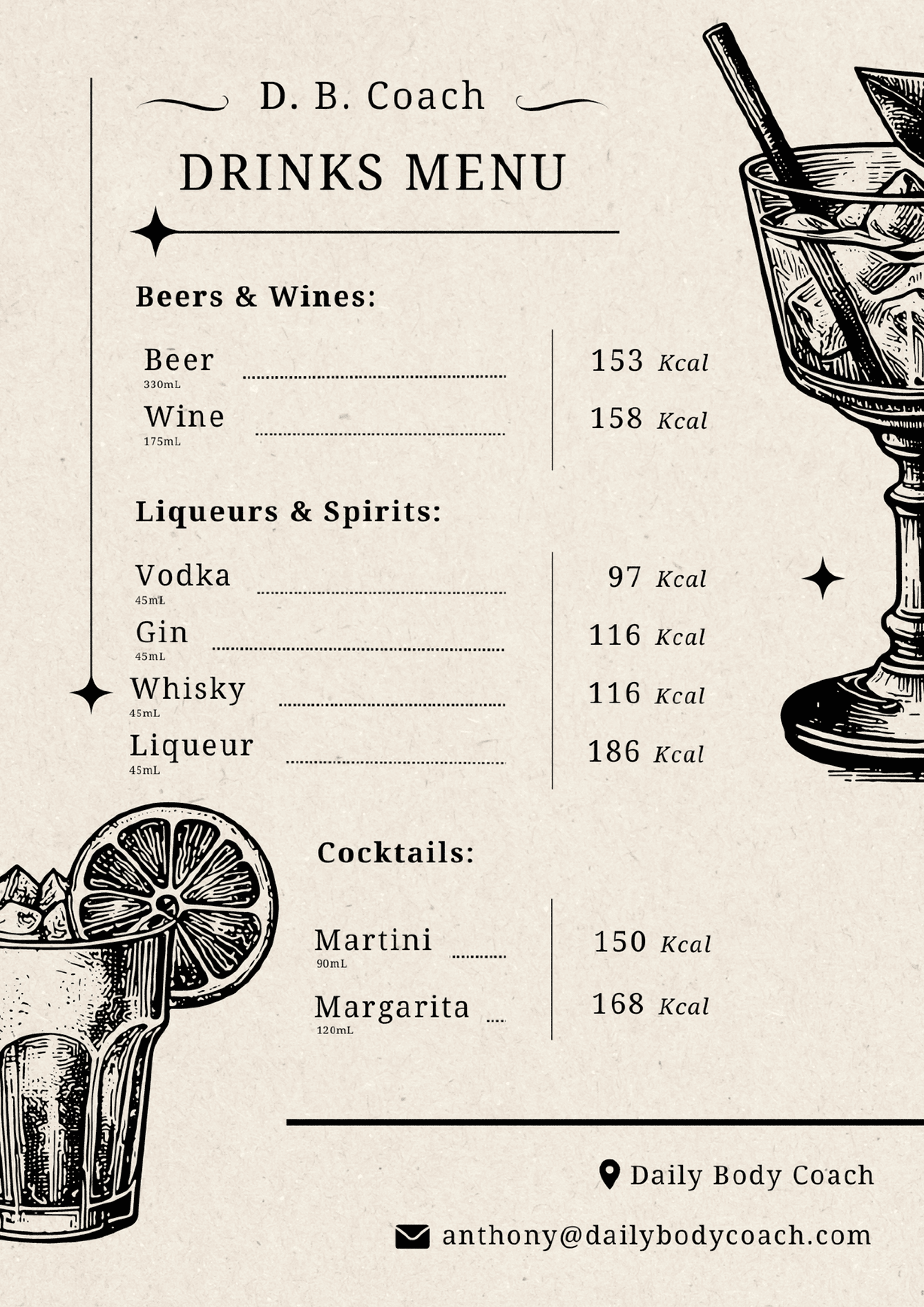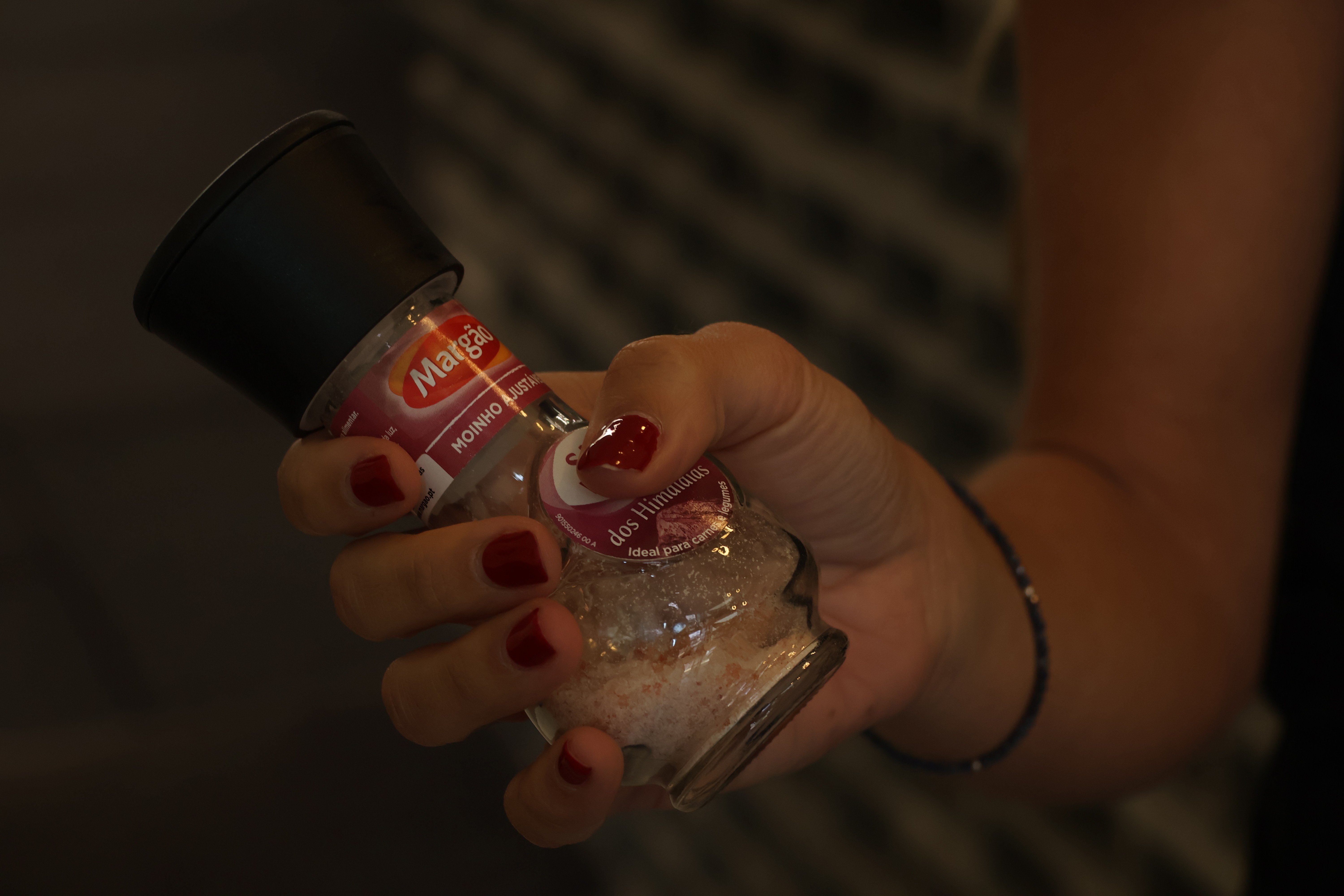3
min read
Many of us enjoy a drink or two with friends or to unwind after a stressful day. But what if a glass of wine while cooking turns into two or more?
In your workouts
There are many ways alcohol use can reduce your physical performance:
You'll have less energy - alcohol reduces the capacity for muscles to use glucose as a fuel source
Your workouts will feel harder - alcohol is a diuretic, which combined with water lost via sweating, means you'll be training in a dehydrated state
Your muscles will find it harder to recover - limiting your strength gains and ability to put on muscle, while increasing the risk of injury
It suppresses the immune system - as intense and regular exercise can do the same, you’ll risk coming down with more bugs, which means time off work and training
It affects sleep quality and duration - compounded by dehydration, training the day after drinking will feel harder and performance will suffer
Drinking can increase our risk of abnormal and potentially dangerous heart rhythms - This risk is increased further when we exercise for up to 2 days after a heavy night
In your mind
Alcohol is a depressant, slowing down how the brain and nervous system function. In the short term, a drink might be relaxing but in the long term, alcohol use affects the brain’s neurotransmitter production and can lead to anxiety, depression, anger, or aggression. And that’s before you think about what you did when your inhibitions were down!
Drinking can often serve as a temporary solution for a long-term problem – to which you avoid getting help. Keep in mind alcohol dependence will only exacerbate the problem further and damage your relationships.
In your diet
Alcohol not only reduces our inhibitions, which can lead to poor food choices but is also high in calories itself. Here’s how many calories your drinks can have:

In your health
Chronic alcohol consumption can also increase your risk of liver disease and cancer (particularly of the breast, bowel, head, neck, and mouth). It’s linked to high blood pressure, strokes, dementia and can also increase the likelihood of infertility and impotence.
The safest amount of alcohol for long term health is no alcohol but many of us enjoy a drink with others. There’s no need to eliminate it completely if you don’t want to. If alcohol is important to you, here are 10 of the best alcohol choices.
But if you’re regularly drinking more than the recommended guideline, you might want to think about cutting down. In the UK, this is no more than 14 units a week - 6 pints of average-strength beer or 10 small glasses of lower-strength wine.
Extra tips:
Alternate alcoholic drinks with low calorie soft drinks or ideally water
Avoid drinking on an empty stomach
Commit to cutting down with a friend for mutual encouragement
If you feel you’re becoming dependent or if drinking is affecting your life in any way, feel free to reach out to our team.













